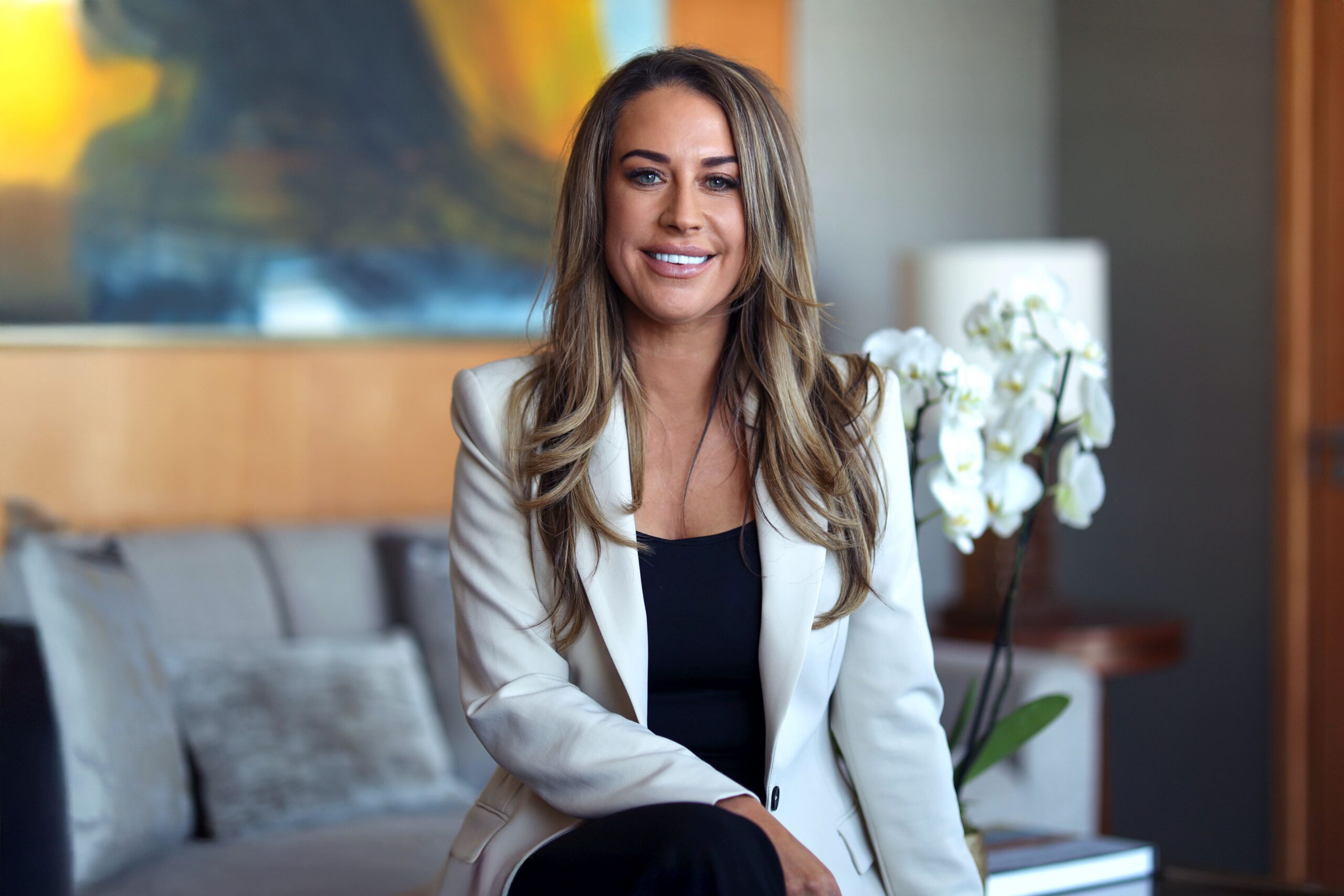You joined Luxury London at its inception in 2018. What was your original vision for the brand and how has it evolved as you’ve scaled it to a 20+ person team?
When I joined in 2018, we were essentially a start-up, three people around a table, lots of ambition and no real roadmap. The vision was clear though: to build a trusted, truly luxury-first media platform that connected premium brands with the right audience, without feeling overly salesy or transactional. Since then, we’ve grown into a fully integrated media business with editorial, creative, events, data, and even concierge capabilities. The heart of the brand hasn’t changed; it’s always been about quality and credibility, but the scale and sophistication of what we offer have evolved dramatically.
Luxury London is on track for a £2 million turnover this year. What do you think has been key to driving both revenue and relevance in such a competitive luxury media space?
It’s all about staying agile and listening to both our audience and our clients. We’ve never tried to be everything to everyone; we stay in our lane, focus on high-value touchpoints, and build campaigns that feel considered.
Revenue growth has come from being solutions-led: combining strong editorial with data intelligence, digital innovation and curated events. We don’t sell media, we build relationships, and I think that’s why brands keep coming back.
You’ve partnered with some of the world’s most iconic brands, from Aston Martin to Patek Philippe. What does it take to earn trust and deliver real value to high-end clients like these?
Trust comes from consistency and a deep understanding of the luxury space. These brands don’t need noise, they need nuance, alignment and credibility.
We invest time in understanding what success looks like for them, and then we tailor everything around that. Whether it’s discreet introductions, highly targeted content or experiential activations, we focus on value over volume. We’re also small enough to be nimble but experienced enough to deliver.
Luxury media has undergone huge shifts in the last five years. How have you kept Luxury London modern and resonant while staying true to a premium brand identity?
We’ve stayed true to our tone of voice and premium aesthetic, but we haven’t been afraid to modernise our formats or evolve how we speak to our audience. Whether it’s launching our digital Private Office, expanding into data and affiliate content, or building video-first storytelling, we’re always thinking about how to keep the brand relevant without diluting it. The key is not to chase trends but to interpret them in a way that makes sense for a HNW audience.
You’re known for your understanding of high-net-worth audiences. What’s something most people, or even brands, misunderstand about this demographic?
That it’s all about flash and extravagance, it’s really not. Quiet luxury, personalisation and access are far more important than status symbols or shouty branding. HNWIs want to feel seen, not sold to. They value trust, subtlety and long-term relationships. If you can deliver real insight and offer something they can’t get elsewhere, whether that’s a service, experience or editorial perspective, that’s when you win.
What’s your approach to leading a creative team while still hitting commercial targets? How do you balance inspiration with accountability?
It’s about clarity and empowerment. Everyone on the team knows what success looks like, creatively and commercially, and we work closely together to find the sweet spot between the two.
I give the team a lot of autonomy, but we’re results-driven and transparent with our targets. I think you can have a commercial mindset and still protect creativity. I think the best ideas often come when you understand the bigger picture.
What’s the most exciting trend you’re seeing in the luxury space right now and how are you responding to it editorially or commercially?
One of the most powerful trends right now is engineered scarcity, the idea that luxury is becoming more about access than ownership. From limited-edition capsule drops to invitation-only experiences and ultra-curated memberships, brands are intentionally creating friction to drive desire. It’s not about being everywhere, it’s about being just out of reach.
We’re seeing this play out across fashion, hospitality, even property, and our audience is leaning into it. They want to be part of something that not everyone can access. Commercially, we’re responding by curating campaigns and events that feel highly selective and exclusive, think micro-events with editorial storytelling layered in, or content that supports pre-launch campaigns in a very discreet, elevated way.
Editorially, we’re focusing more on the why behind the limited, the craftsmanship, the rarity, the cultural relevance, and helping our readers navigate the new codes of exclusivity. Scarcity done well isn’t just marketing, it’s positioning, and it’s working.
Looking to the future, what’s next for Luxury London, and what legacy do you hope to leave as a media leader in this space?
The next phase is all about intelligent growth, scaling what we do best, without losing the personal touch. Our Private Office is a big part of that, using content and curated experiences to connect brands with high-value individuals in a more meaningful way. I’d love my legacy to be building a business that always led with integrity, delivered value for its partners, and created opportunities for great people along the way.

